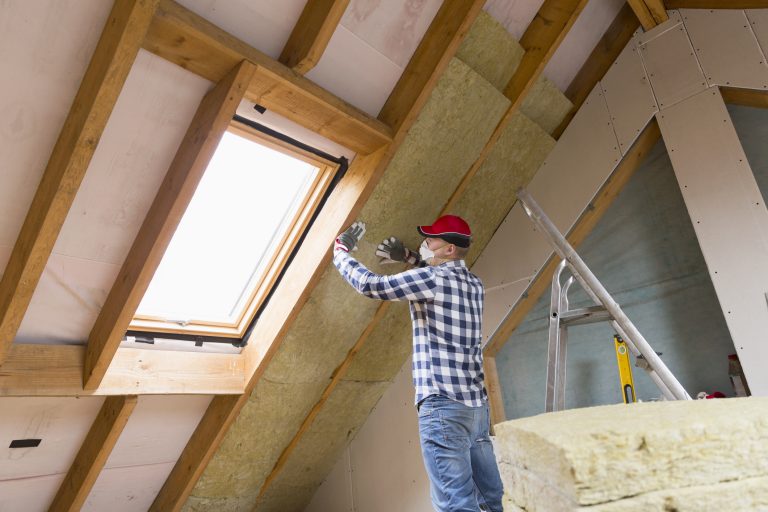BUILD UPON Framework: Capturing the Benefits of Building Renovation


The built environment is directly responsible for 25% of the UK’s total greenhouse gas emissions. Therefore, renovating existing buildings to reduce their carbon emissions is key to achieving the UK’s ambition to reach net zero by 2050. The majority of the UK’s existing buildings will need upgrading. Fortunately, building renovation at scale can help tackle many other societal challenges. For example: reducing energy consumption and improving energy security; reducing energy poverty and improving health; boosting economies and supporting local skills and jobs.
Understanding and measuring these impacts can inform a wide range of policy decisions from climate change strategies and energy infrastructure investment to health care needs and fuel poverty alleviation. In addition, if local authorities understand and measure these impacts they can:
- Measure their progress against a broad range of targets
- Learn from mistakes and successes to inform best practice
- Build business cases for future retrofit
- Increase public awareness of building renovation benefits
What?
The BUILD UPON Framework defines Environmental, Social and Economic indicators that can be measured. It shows how to measure them and provides tools to aid data collection. This helps cities and local authorities capture data in a simple but standardised format.
The Framework is flexible, easy and free to use. It covers all buildings types. It can be used at a city level – to measure impacts across an entire area and support a city’s Sustainable Energy & Carbon Action Plan; or a project level – to measure the impacts of individual projects. Local Authorities can measure all of the indicators or focus on just one or two to suit their priorities and resources.
Resources
An Introduction for Policy Makers & Local Authorities
The Build Upon Framework & Methodology
Data Collection Strategy for Housing
This project has received funding from the European Union’s Horizon 2020 research and innovation programme under Grant Agreement No 840926.
Email for further information or to get involved.

Related
BUILD UPON Framework: Capturing the Benefits of Building Renovation

The Retrofit Playbook

Net Zero Whole Life Carbon Roadmap for the Built Environment

The Nature Recovery and Climate Resilience Playbook

